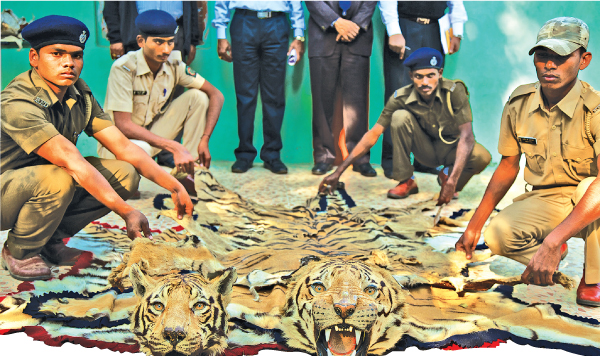Wildlife and Nature Protection Society will address the role of international conventions, domestic conservation impacts and the need for vigilant enforcement networks to combat international trafficking in wildlife at its monthly lecture which will be held on September 14, 6 pm at the Cinema Hall, BMICH, Bauddhaloka Mawatha, Colombo 7. The lecture will be delivered by Gabriel Fava,an Associate Director of the Born Free Foundation. His geographical focus is Asia and Oceania and he specializes in global wildlife trafficking, trade and the CITES, and on field conservation as it pertains to tigers, Asian elephants and pangolins. Every year millions of animals are taken from the wild and sold around the world by dangerous international networks. Poaching of elephants for ivory and tigers for their skins and bones are the well known in illegal trade. It is almost impossible to obtain reliable figures for the value of the illegal wildlife trade. However, countless other species are similarly overexploited, from tortoises to botanicals. Increasing numbers are sold online for the Exotic Pet Trade, where species are often misidentified or described as captive bred, even if their true origin is wild.
Wildlife trade escalates into a crisis when an increasing proportion is illegal and unsustainable and directly threatens the survival of many species in the wild. To better address the challenges posed by the international wildlife trade, better global regulatory systems are necessary. While the Convention on the International Trade in Endangered Species (CITES) addresses the trade in endangered species, gaps in legislation, law enforcement and criminal justice systems present serious issues at country level. The lecture is open to all members and non-members, admission free.



Add new comment